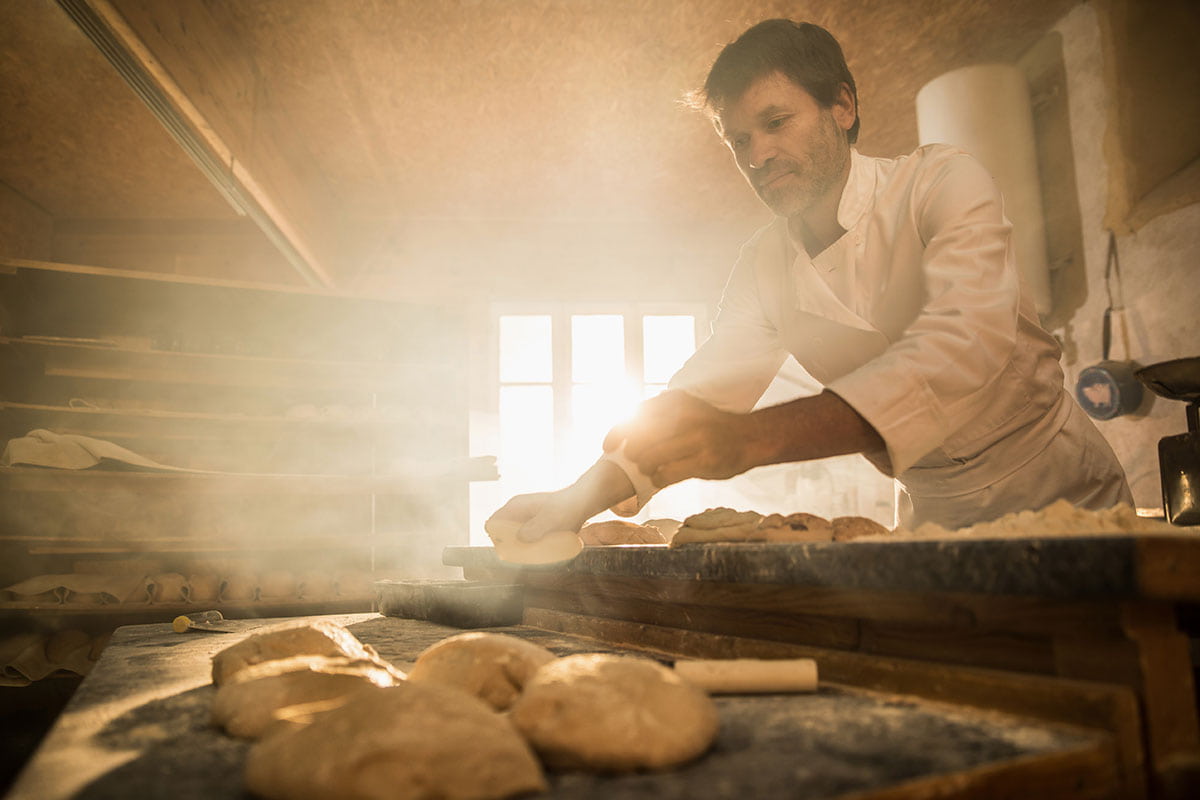

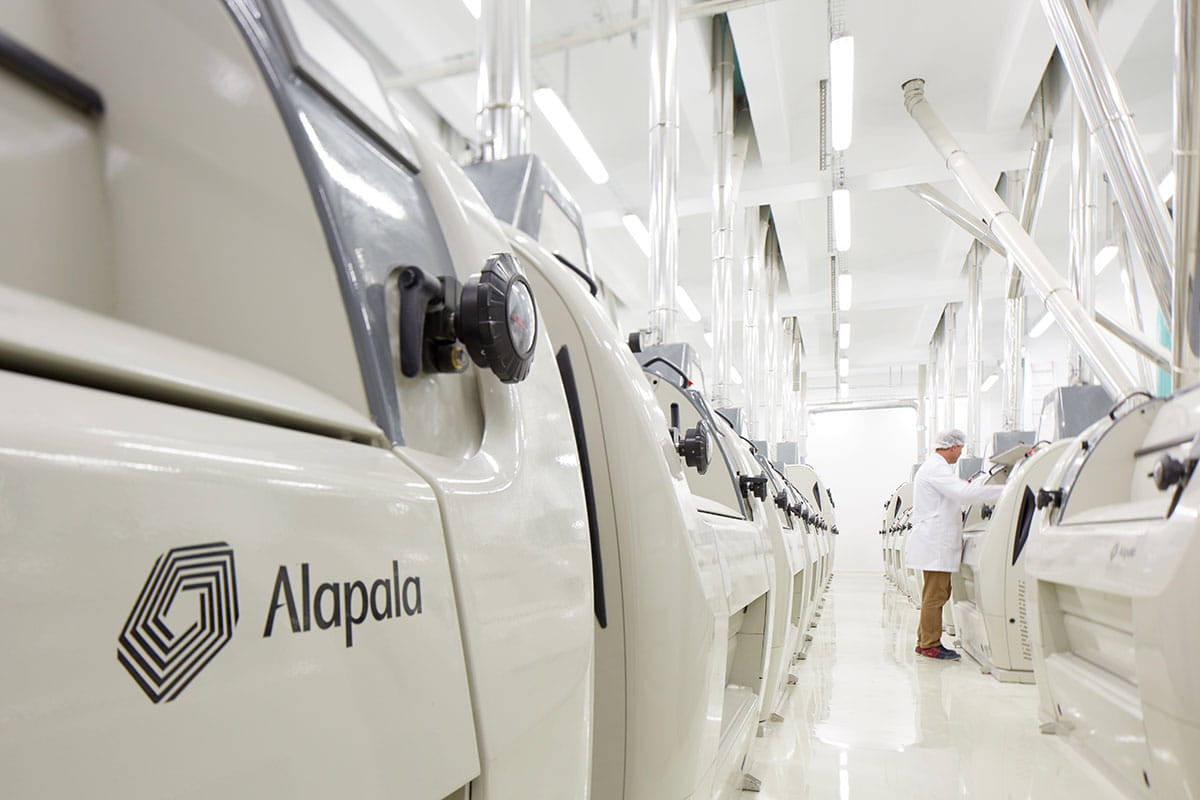
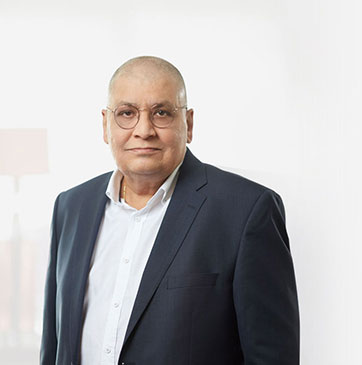
The main goal of millers is, as in every business, to make a profit but at the same time to provide bakers with a uniform, consistent, standard flour to meet their requirements. Regarding flour quality, often millers and bakers complain to each other about flour, this is due to that there is no one correct type of flour. Therefore, dialog between miller and baker has mutual benefits to produce and obtain right type of flour.
Each baker has different flour quality requirements and in some countries, bread quality means calories, and the feeding property of flour is more important than its protein content or gluten strength. In general, for bakers, quality means the ability to produce the best possible final product. Good quality flour should be able to produce many varieties of products and stand in different processes having the tolerance to variations in the production process such as an increase in production amount, more machinability, changes in ingredients, faster fermentation and baking. It should also be noted that artisanal, medium-size, and industrial bakeries require different flour quality properties.
Depending on the geographical location and consumer culture, an assortment of food products varies from region to region. While in Western countries, most common wheat-based food is leavened pan bread, nowadays this type of bread is popular around the world including breakfast cereals, cookie/biscuit, and cakes, and it is also important ingredients of several processed foods. Likewise, while flatbread which was only consumed in the Middle-East and the Indian sub-continent is today also widely consumed in other countries. Many varieties of noodles and steam bread are widely consumed not only in Asian countries but also in many other countries.
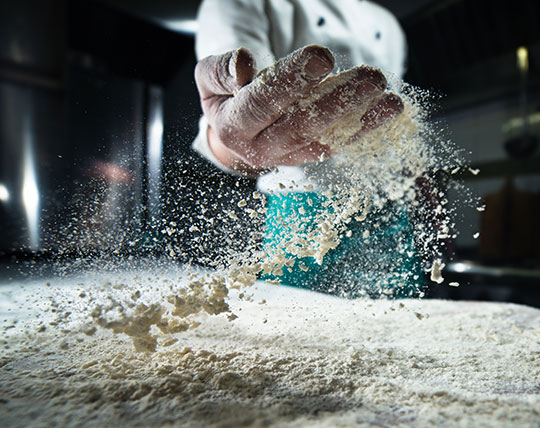
Grain quality is a major problem for the millers since the composition and properties of grain vary from year to year, from location to location, and from one cultivar to another and most importantly the same raw material may be used to make different products. Although there are endless quality parameters, to summarize simply, high-quality bread wheat should have the following properties: A protein content consistent with the needs of the miller (usually at least 11.5% on a 13.5% moisture basis, 13% d.m.); it is hard rather than soft so the miller can easily achieve that target starch damage levels; a desirable balance of gluten strength, strong enough to produce bold loaves of high volume potential but not so strong as to give problems of long mixing requirement; potential to producing flours with water absorption consistent with the needs of the baker, it is sound with no problems of excessive enzyme activity and it will produce good bread over a wide range of processing conditions.
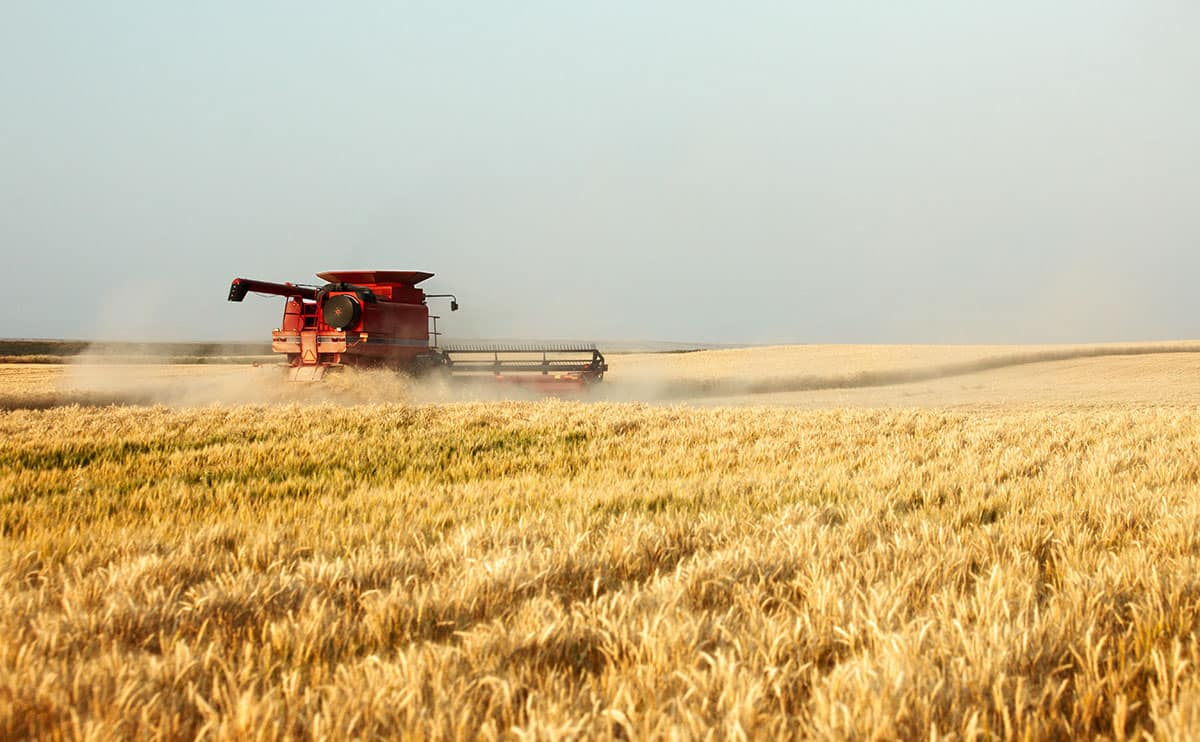
'The world's population is expected to reach more than 9.8 billion in the year 2050 according to the United Nations. Back in 2012, the Food and Agriculture Organization of the United Nations (FAO) said we needed to increase food production by 60 percent.
But lack of new land that can be used for agriculture, little water left for irrigation expansion and the negative impact of climate change forces farmers to think of new ways to increase crop yields and sustainable means of processing the grains for human consumption.'
To meet bakers’ requirements, millers need right grain which is clean, in high test (hectoliter) weight, uniform class, and type, uniform protein content, free from insects and toxins, ability to easily separate the bran from the kernel and high flour yield. They also need right equipment and right sustainable milling process. At this point, milling equipment manufacturer has its role on flour quality to satisfy millers and eventually bakers. Therefore, connection between equipment manufacturer, miller and baker is utmost important and miller depends on the equipment manufacturer for not only the plant and the machinery but also solutions for his individual requirements.
By means of equipment and process, millers can produce low quality flour by using high quality wheat or vice versa acceptable quality of flour by using standard quality of wheat. For success of miller, equipment manufacturer should provide correct and high-quality equipment, proper flow sheet and parameters as well as necessary training and most importantly communication with miller should not be ended with sales but should be unremittingly.
Among the grain supply chain, quality is considered only in relations with successive links; breeders serve farmers, millers serve to bakers and bakers serve to customers. Millers very rarely communicate with breeders and farmers and discuss the quality of the crop. Bakers' feedback is significant for the millers and growers because it gives them the confidence to grow, mill, and market flour when they see that good bread can be made from their flour. The flour trials present a better opportunity to facilitate baker-miller relationships and thus have a higher chance of turning into lasting sourcing relationships. The flour trials are also an avenue for millers and bakers to get to know each other and develop a business relationship. For sustainable business success, milling equipment manufacturers should also include into this circle.
